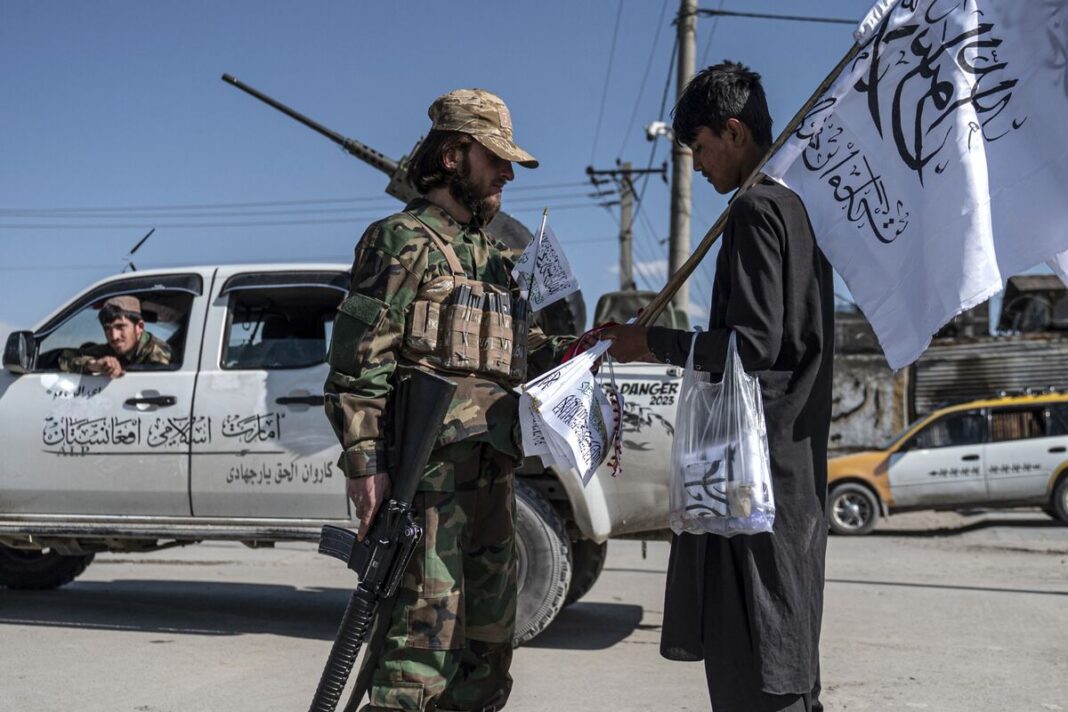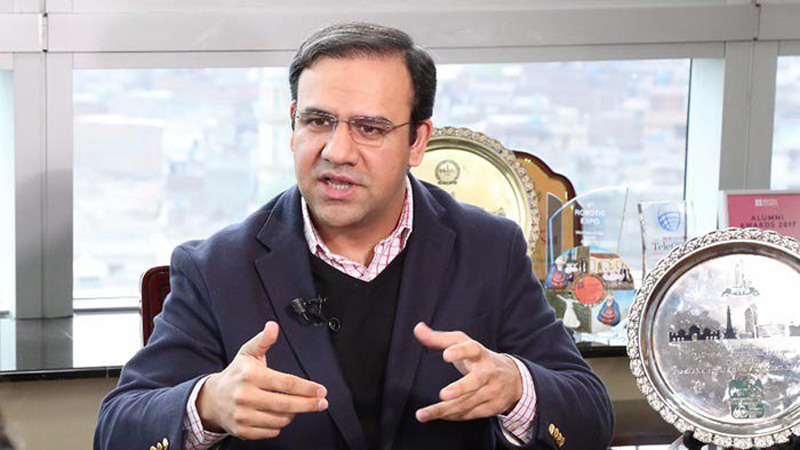By: Ubaid Sahil

The takeover of the Afghan Taliban government in Afghanistan and the resurgence of militant organizations such as Tehrik-i-Taliban Pakistan (TTP) and the Islamic State – Khorasan Province (IS-KP) across Pakistan are linked to the recent attacks on Chinese workers in Pakistan. Brutal attacks on Chinese workers are reported periodically across Pakistan, especially in the Sindh Province. The Baluchistan Liberation Army (BLA) is responsible for these attacks in Sindh, with their primary targets being workers and engineers involved in the China Pakisan Economic Corridor (CPEC), a grand project of the Belt and Road Initiative (BRI). More recently, TTP fighters launched an attack in the Chitral District of Khyber Pakhtunkhwa province, resulting in the deaths of several Pakistani armed forces. Chitral District hosts three CPEC projects, including an economic zone. These militants infiltrated from the Nooristan province of Afghanistan and targeted the armed forces.
According to Pakistani analysts and politicians, the resurgence of these militants is linked to the Belt and Road Initiative. In late August 2021, after 20 years of military involvement, the United States armed forces withdrew from Afghanistan. Within hours, the Afghan Taliban seized power. The United States had initially invaded Afghanistan in response to the tragic events of 9/11. In the early years of the invasion, the Taliban appeared to be on the verge of defeat. However, they later regrouped, employing guerrilla warfare techniques and combat strategies against the United States armed forces. The sudden and swift withdrawal of U.S. troops on August 30, 2021, raised numerous questions. How could such a lengthy military engagement end so abruptly? Was it a planned withdrawal, or had the Taliban truly defeated the United States? These questions will likely be answered in due course, but some preliminary conclusions have already emerged.
A common global perspective suggests that the US withdrew because of significant economic and military losses in Afghanistan. Over the course of 20 years of invasion, the United States spent approximately $2.3 trillion on the Afghan War but did not achieve significant objectives. While they did eliminate several Al-Qaeda leaders and thousands of fighters from various terrorist organizations, threats and dangers persist.
But another perspective suggests that the US withdrew its troops to grant a free hand to the Taliban and IS-KP, allowing them to create threats and issues for Chinese emergence and resurgence on the global landscape. The Taliban, along with other militants, can pose serious threats to the Belt and Road Initiative in Northern Pakistan. As China rises as a new superpower, the US seeks to compete with China to maintain its dominance in global politics. This is why the US left Afghanistan suddenly and immediately, allowing the Taliban the freedom to potentially disrupt the BRI and CPEC, thereby undermining China’s emerging development.
Surprisingly, after the Taliban’s takeover, Chinese officials signed several bilateral agreements with them, including mining projects, and conveyed a friendly impression. In response, the Taliban have reciprocated with a friendly stance towards China. However, in Pakistan, the situation differs significantly. Terrorist acts are rapidly increasing in the country, and government officials are attributing these to Afghan Taliban support for the TTP. While the Taliban deny such involvement, it is evident that terrorist acts are being planned across the border in Afghanistan. Given the close ties between TTP fighters and the Taliban, the latter may have influence over the TTP. In this scenario, Pakistan should address these crises through diplomatic channels and bilateral agreements, similar to how China has done successfully. Failing to address these issues adequately could potentially lead to various political and social problems for both Pakistan and China.
The writer is a freelance columnist. He can be reached at [email protected]








